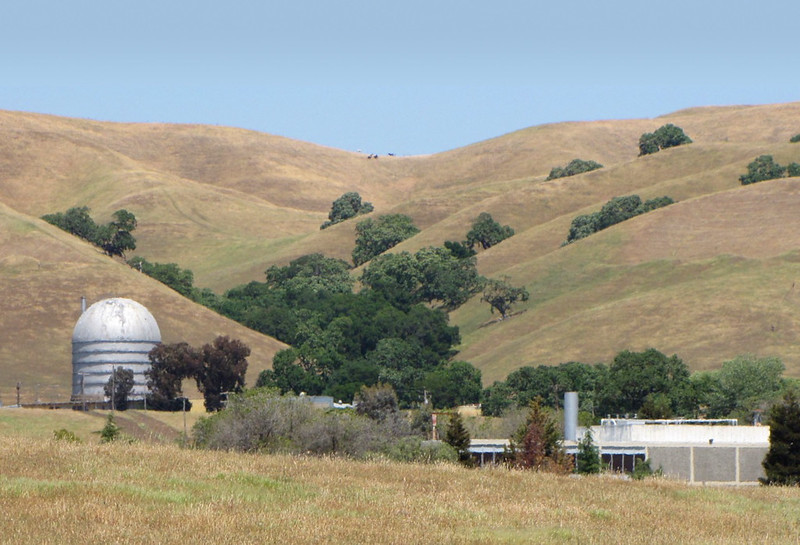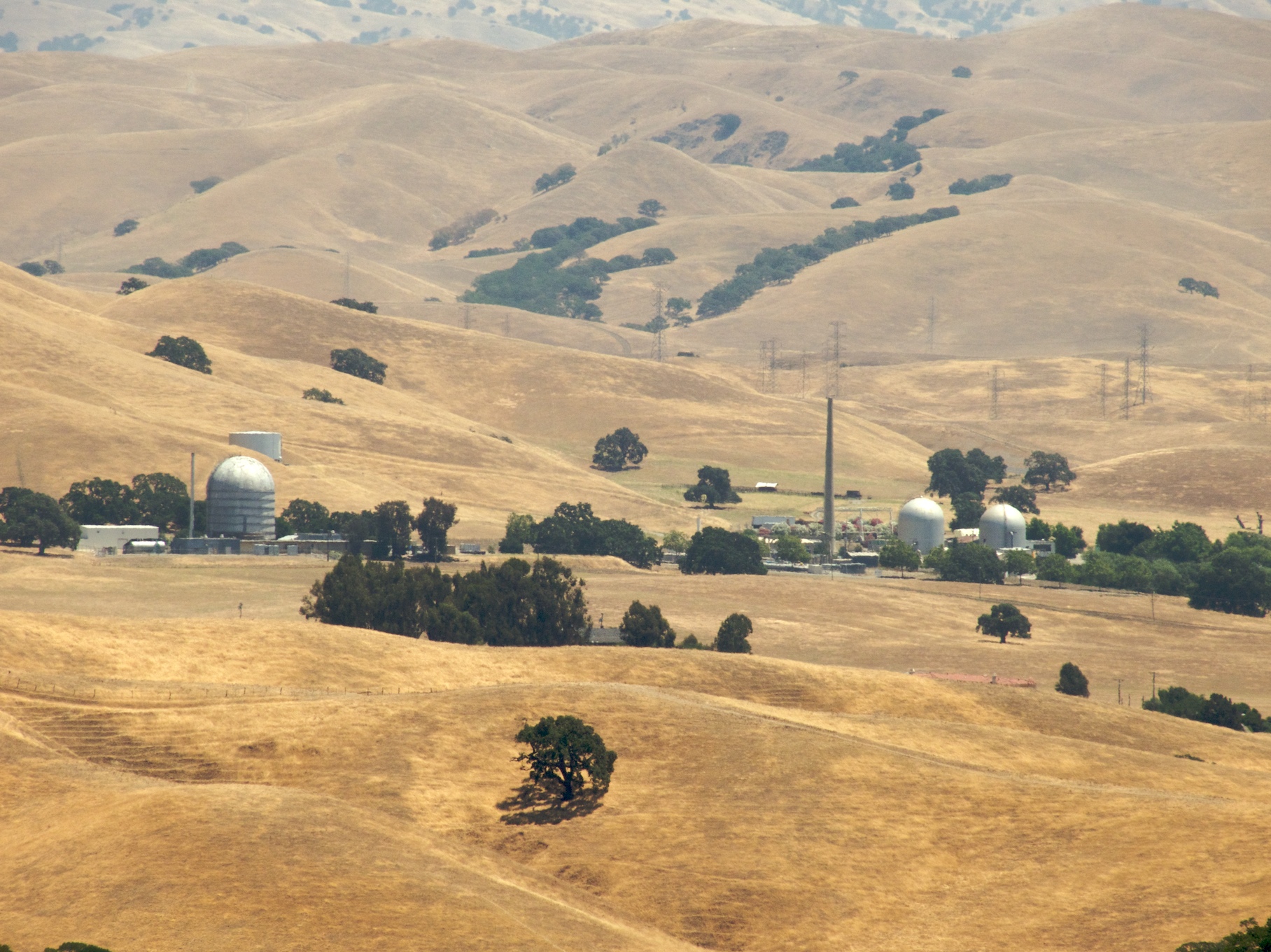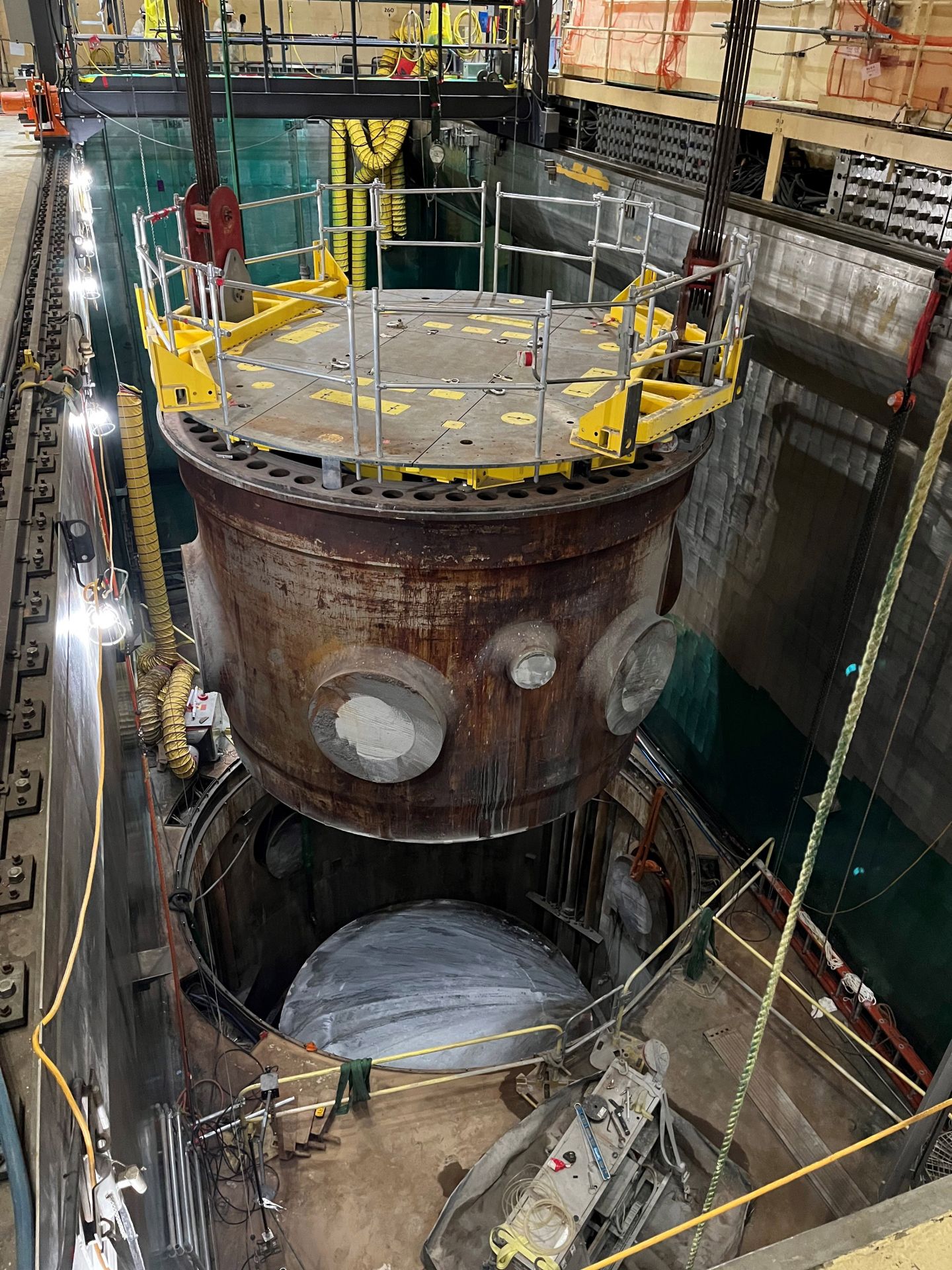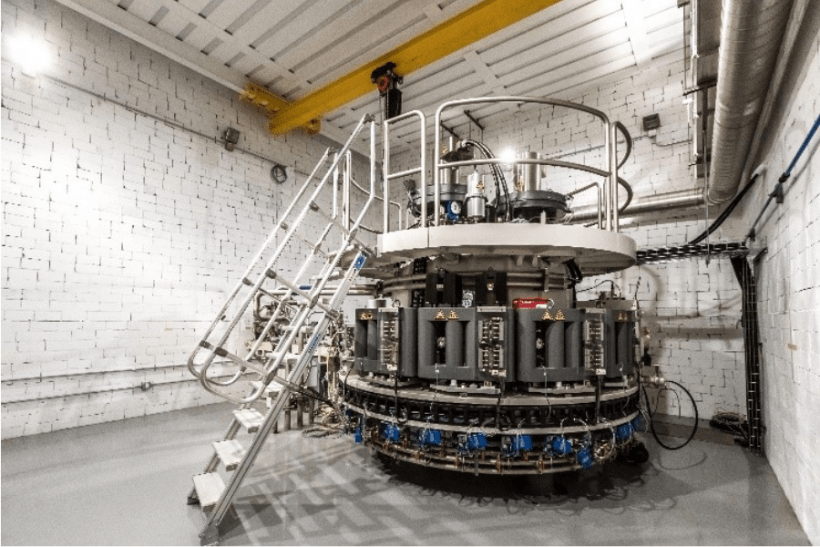The Vallecitos Nuclear Center site in northern California. (Photo: NRC/Don Sleeter)
NorthStar Group Services has announced that it has closed on an agreement to acquire ownership of the Vallecitos Nuclear Center from GE Vernova and GE Hitachi Nuclear Energy for NorthStar's nuclear decontamination, decommissioning, and environmental site restoration.
The decommissioned USS Enterprise alongside her replacement, USS Gerald R. Ford, at Newport News, July 2018. (U.S. Navy photo by Mass Communication Specialist 2nd Class Kiana A. Raines)
NorthStar Group Services announced it will work with Modern American Recycling Services (MARS) to pursue work dismantling and disposing of decommissioned U.S. Navy nuclear aircraft carriers at the Port of Mobile, Ala. The work is to be performed by NorthStar subsidiary NorthStar Maritime Dismantlement Services and MARS subsidiary Modern American Recycling and Radiological Services.
The Vallecitos Nuclear Center site in northern California. (Photo: Wikimedia Commons)
By an order dated April 25, the Nuclear Regulatory Commission has approved the transfer of ownership of Vallecitos Nuclear Center from GE Hitachi Nuclear Energy to NorthStar Group Services for nuclear decontamination, decommissioning, and environmental site restoration.
The Vallecitos Nuclear Center in northern California. (Photo: Wikimedia Commons)
GE Hitachi Nuclear Energy announced May 9 that it intends to transfer ownership of the 1,600-acre GEH Vallecitos Nuclear Center to NorthStar Group Services for nuclear decontamination, decommissioning, and environmental site restoration.
A loaded MP197HB cask is prepared for departure from the Vermont Yankee decommissioning site to West Texas. (Photos: Orano TN)
The rapid changes in the nuclear energy industry over the last decade, driven in part by fluctuating energy market prices and an aging fleet of reactors, have led to the closure of multiple reactors in the United States and other countries. These closures have increased the need for larger and more efficient ways to manage low-level radioactive waste processing and transport capacities. The safe transport of radioactive material is a key component of the overall nuclear industry reliability. Though sometimes perceived as a bottleneck and costly, it is necessary to send waste material to disposal.
IBA Rhodotron TT300-HE (high energy) electron accelerator. (Photo: Business Wire)
Nuclear medicine company NorthStar Medical Radioisotopes announced that it has successfully produced molybdenum-99 at its recently completed accelerator production facility at its Beloit, Wis., campus. According to NorthStar, the event marks a major milestone in advancing the company’s proprietary electron accelerator technology for the non-uranium–based production of the critical medical radioisotope.
The electron accelerator that will be used for Mo-99 production at NorthStar’s newly completed facility in Wisconsin. (Photo: NNSA)
NorthStar Medical Radioisotopes has completed construction and all equipment installation at its new facility in Beloit, Wis., to produce the medical radioisotope molybdenum-99 without the use of high-enriched uranium, the Department of Energy’s National Nuclear Security Administration announced last week.
NorthStar’s RadioGenix system produces the medical radioisope Mo-99 without the use of uranium. (Photo: NorthStar)
NorthStar Medical Technologies of Beloit, Wis., will receive $37 million under two cooperative agreements with the National Nuclear Security Administration for the production of molybdenum-99 without the use of high-enriched uranium. Considered a critical medical radioisotope, Mo-99 is used in more than 40,000 medical procedures in the United States each day, including the diagnosis of heart disease and cancer.
The closed Vermont Yankee power plant is currently undergoing decommissioning. (Photo: Entergy)
The Nuclear Regulatory Commission is set to allow about 2 million gallons of low-level radioactive wastewater from the Vermont Yankee nuclear power plant, currently undergoing decommissioning, to be disposed of at an Idaho waste facility. As published in the May 7 Federal Register, the NRC has issued an environmental assessment and finding of no significant impact for a request by NorthStar Nuclear Decommissioning to dispose of the wastewater at US Ecology Idaho’s waste facility near Grand View.
NorthStar is capable of producing Mo-99 using non-uranium-based processes. Photo: NorthStar Medical Radioisotopes
Completing a 5,700-mile journey from Belgium, two 24-ton particle accelerators were delivered to NorthStar Medical Radioisotopes’ facility in Beloit, Wis., on April 22, the Wisconsin State Journal reported. Photos and a video of the accelerators being received at the facility are included in the report.








.png)


